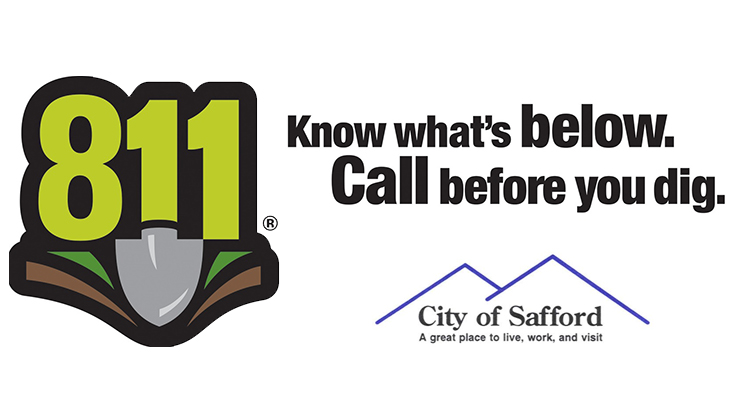With prices of gas and other life expenses rising, many people are finding it hard to stay afloat in the current economy. Everyone is trying to gather as much money as they can hoping it’ll help them throughout the following month.
One important part of keeping on top of your finances is improving your overall financial well-being. Building simple habits and following the correct steps to save money could easily bail you out of a bad financial situation.
The [number] tips we’ve provided below are just some of the ways to improve your financial well-being. Keep reading to find out more and start implementing these tips into your daily life today!
Make use of bonuses
Discounts, bonuses, free samples, and anything that gives you a good bonus is fair game. If you’re into recreational gambling, a deposit match bonus is the right choice for you.
Otherwise, you could look to coupons and special promotions to find what you need at the right price. Whether it’s in your local Walmart or an online store, there are sales nearly all the time. This is thanks to the competitive nature of most of today’s industries, which turns out as a positive thing for consumers.
Use them to your advantage and spend less money on these things, instead saving them for other financial needs.
Create a healthier relationship with money
If you’re constantly stressed about money or spending more than you can afford, it may be a good idea to rethink your relationship with money.
First, understanding that you can use money both to destroy your life and to improve it is crucial. It’s easy to get carried away making the wrong purchases.
Second, it’s important to let go of the guilt you feel when spending money. For some, this happens even if you spend it on something you need.
These two examples are just part of the bigger picture in building a better relationship with money.
Save emergency cash
Accidents can happen and they can be very unpredictable. To rectify a situation such as an emergency surgery without hurting your wallet too much, try to keep some emergency cash in the vault for these cases.
While the recommended amount of emergency money you should have varies from country to country, around $4000 to $5000 is just enough to keep you safe. Keep in mind that your other plans such as health and car insurance could also affect this.
Make sure to plan accordingly after sorting out your insurance and other expenses.
Combine your debts
If you’re in a situation where you have a good number of small debts, you should consider combining them. Of course, this depends on whether or not it’s possible to combine them. If you’ve taken out loans from different banks, this may prove to be considerably more challenging than if you were loaning from one bank.
Combining your debts and rolling them into one larger debt can save you a lot of money on interest and fees. Making one larger monthly payment will help you out more in the long run than making several smaller payments that accumulate more fees.
Budget
Last but certainly not least is budgeting. Budgeting plays a critical role in improving your financial wellness, as you don’t spend more money on something than you need to.
There are countless strategies for budgeting, depending on your amount of income, your age, and your current life situation. You should do some research, try out different ways to budget, and choose the one that’s most effective for you.
Planning out a budget only takes a few minutes, but sticking to it is the more important part. Make sure to stick to your budget plan and don’t spend more than you need to!









